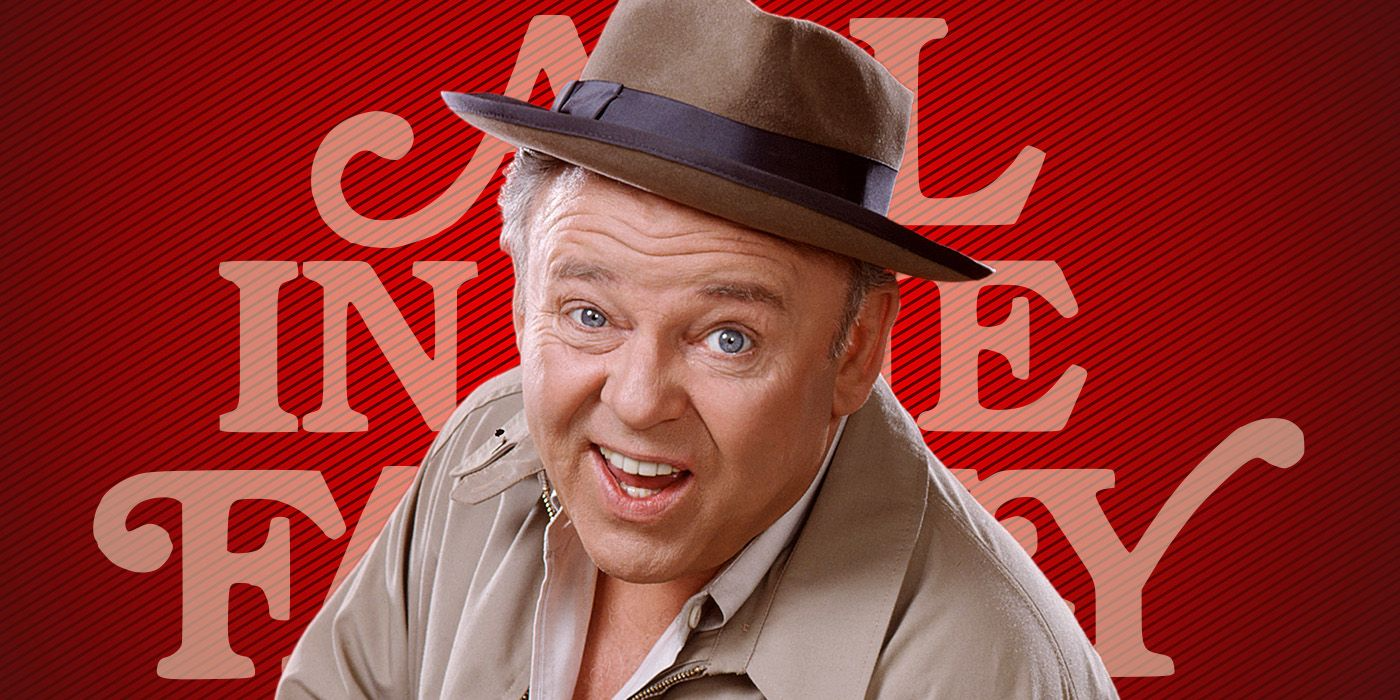
Introduction:
In the pantheon of iconic TV characters, Archie Bunker stands out as one of the most complex and controversial figures ever to grace the small screen. Created by Norman Lear for All in the Family, Archie was a working-class man who embodied the prejudices and bigotries of mid-20th-century America. But despite his flaws, many fans still consider him a relatable figure. So, is Archie Bunker a hero, a villain, or just a product of his time? The answer, as it turns out, is far from simple.
Body:
Archie Bunker was far from the typical sitcom character. Unlike the lovable but often inept fathers of other shows, Archie was rude, stubborn, and unapologetically bigoted. He frequently clashed with his more liberal-minded family members, especially his son-in-law, Mike, who represented the counterculture of the 1960s. Mike’s progressive views on race, gender, and politics were often in direct conflict with Archie’s conservative values, leading to some of the most memorable (and often uncomfortable) moments in television history.
But what made Archie so fascinating was that he wasn’t just a caricature of ignorance. While his views were undeniably offensive, they were also a reflection of the cultural climate of the time. Archie’s character was, in many ways, a mirror of America’s struggle with the changing social landscape of the 1960s and 1970s. The show didn’t just paint Archie as a villain; it humanized him, showing that his bigotry was not born out of pure malice but rather a lack of understanding and a fear of change.
What All in the Family did so brilliantly was to use Archie’s character as a vessel for social commentary. His outbursts and prejudiced remarks weren’t just for shock value—they were a reflection of the deeply ingrained biases that existed in society. And while the show didn’t shy away from exposing these flaws, it also offered a pathway for growth. Over the course of the series, Archie’s views were challenged, and though he never fully transformed into a progressive hero, he did show moments of growth and self-awareness.
One of the most significant episodes in this regard is “The Draft Dodger,” where Archie’s views on Vietnam and patriotism are tested when a family friend reveals that he dodged the draft during the war. In typical Archie fashion, he initially reacts with anger and hostility, but by the end of the episode, he’s forced to confront his assumptions and prejudices. This moment encapsulates the essence of the show: using humor and conflict to explore serious issues and challenge the status quo.
Conclusion:
In the end, Archie Bunker is neither a hero nor a villain. He’s a complicated character who embodies the contradictions of American society during a period of intense change. All in the Family didn’t seek to offer simple answers but instead encouraged its audience to grapple with difficult questions about race, class, and politics. Archie may have been flawed, but his flaws made him one of the most memorable and enduring characters in TV history. His story is a reminder that change is often uncomfortable and messy, but it’s also necessary for growth.
